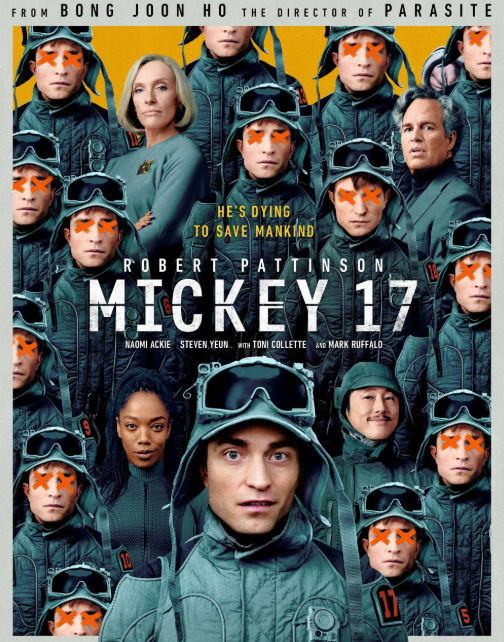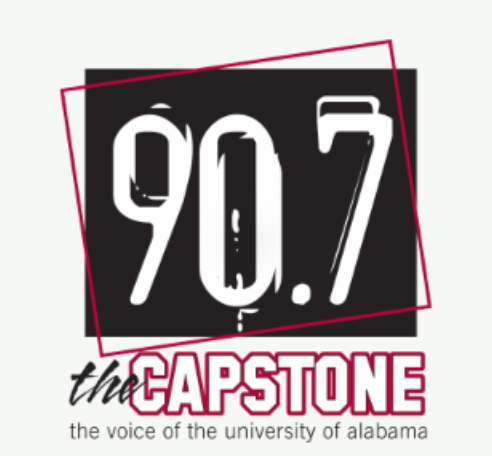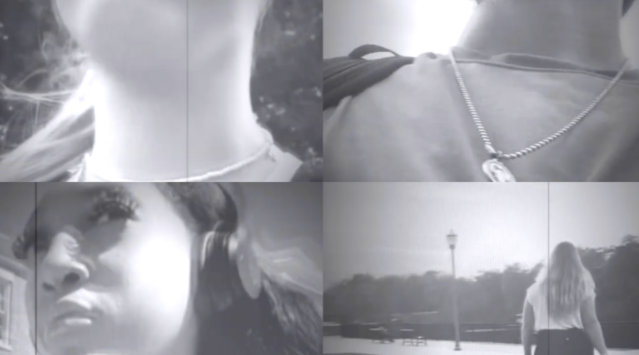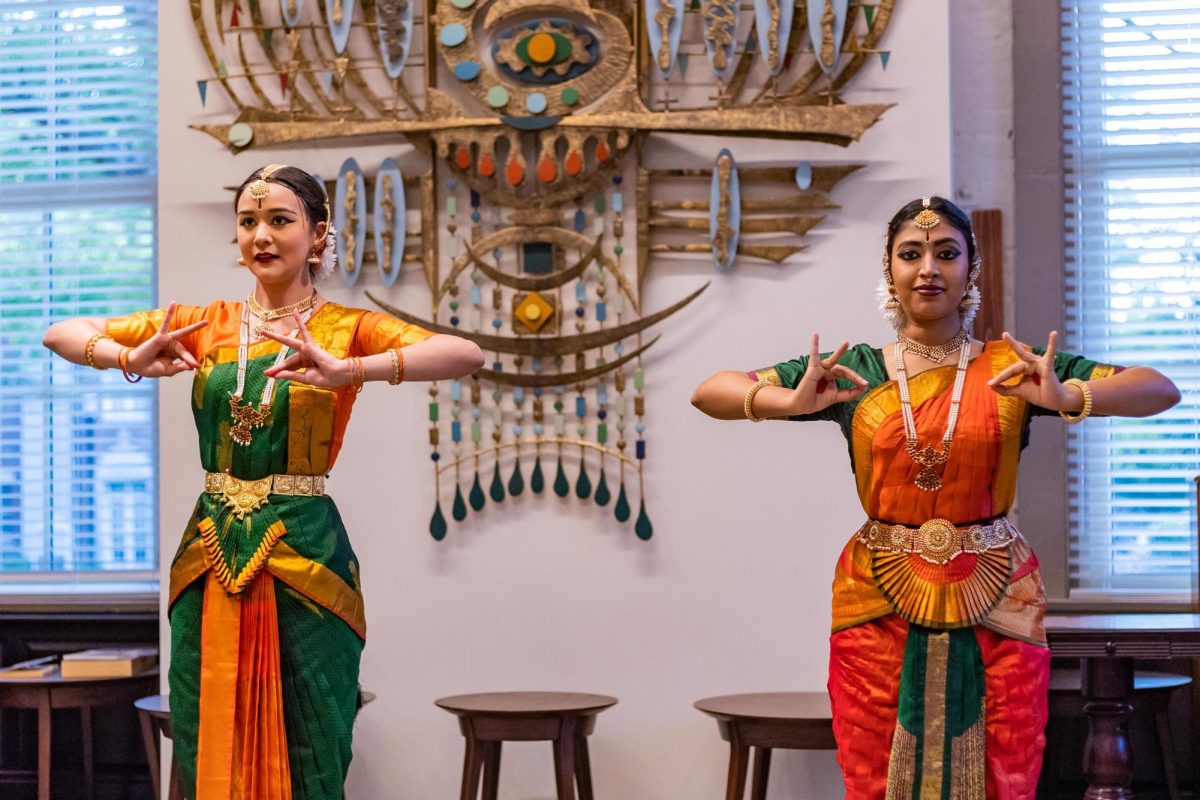Allied Marketing and Nikhil Shah, a sophomore majoring in business management, partnered with Warner Brothers to put together an early film screening of “Mickey 17” for UA students on Tuesday at the CMX theater in Tuscaloosa.
The story follows Mickey, played by Robert Pattinson, as he navigates his life as an “expendable,” a person who can be regenerated after death with most of their memories intact. He is used as a test subject for a human expedition to colonize the snowy planet Niflheim.
Bong Joon-ho makes his return to the director’s chair after the smashing success of “Parasite” in 2019. The film earned Bong the Academy Award for best director as well as a win for the most coveted title of all, best picture.
The biggest surprise of “Mickey 17” is how little it resembles Bong’s previous filmography, both in tone and writing. There is a certain comedic, tongue-in-cheek undertone that can be felt throughout, on top of jokes being cracked on a frequent basis, a clear contrast to his darker and more dramatic earlier works.
Part of what makes the movie so hilarious is Pattinson’s performance, or performances, as every iteration of Mickey. There is a bluntness and morbidity in a character who knows that none of his actions matter, that pain and death are short and temporary, and Pattison captures it perfectly.
Mickey 17 and 18 are the versions most focused on in the movie, with Pattinson giving brilliantly contrasting performances for both roles. Mickey 17 is meek and unassuming, while 18 is dull but ruthless, leading to a fun dynamic between the two.
Pattinson brilliantly dives into the characters, giving them their own slightly different voices and mannerisms. The differences make it easy to tell them apart at any given moment, despite their virtually identical appearances.
Another standout actor is Mark Ruffalo as the leader of the expedition, former congressman Kenneth Marshall. Not only is Ruffalo great in the role, but the character as a whole highlights the main aspect that Bong brought over from his earlier films: political messaging.
“Mickey 17” mirrors American politics — Marshall has overtly orange-tinted skin and speaks with a high voice, and his supporters wear red hats — and also attacks the idea of capitalism as a whole. The workers on the ship are treated to slop and uniforms, while Marshall and his wife Ylfa, played by Toni Collette, partake in gourmet meals and dress lavishly.
The only tangible difference between the workers and elites is intelligence, a category in which the former are vastly superior. The difference almost becomes too much in the final act, as the film nearly overshadows the ending events by a shocking dedication to making Marshall and Ylfa seem as dumb as possible.
The movie’s only downside is a lack of focus and tightness in an otherwise phenomenal screenplay by Bong. Multiple storylines feel somewhat incomplete and half-baked, especially in the second act, which feels like an hour straight of introducing new ideas, spending five minutes on them and then moving on.
At one point Marshall randomly states that he is planning on turning Niflheim into a “pure white planet full of super people.” This feels like a bombshell moment in the story, given its stark contrast to what had previously been set up.
However, from that moment forward, the idea is never mentioned again, and Marshall seems less and less like a scheming conspirator and more like a sleazy and incompetent moron. Only rearing its head a handful of times, this problem is not nearly enough to overshadow the greatness of the rest of the film.
Overall, “Mickey 17” is a hilarious and thrilling ride filled with an abundance of nuance that will leave audiences mulling over themes and meanings for days. The film is not quite on the level of his best work, but when dealing with a genius director, Bong’s average is most others’ masterpiece.









